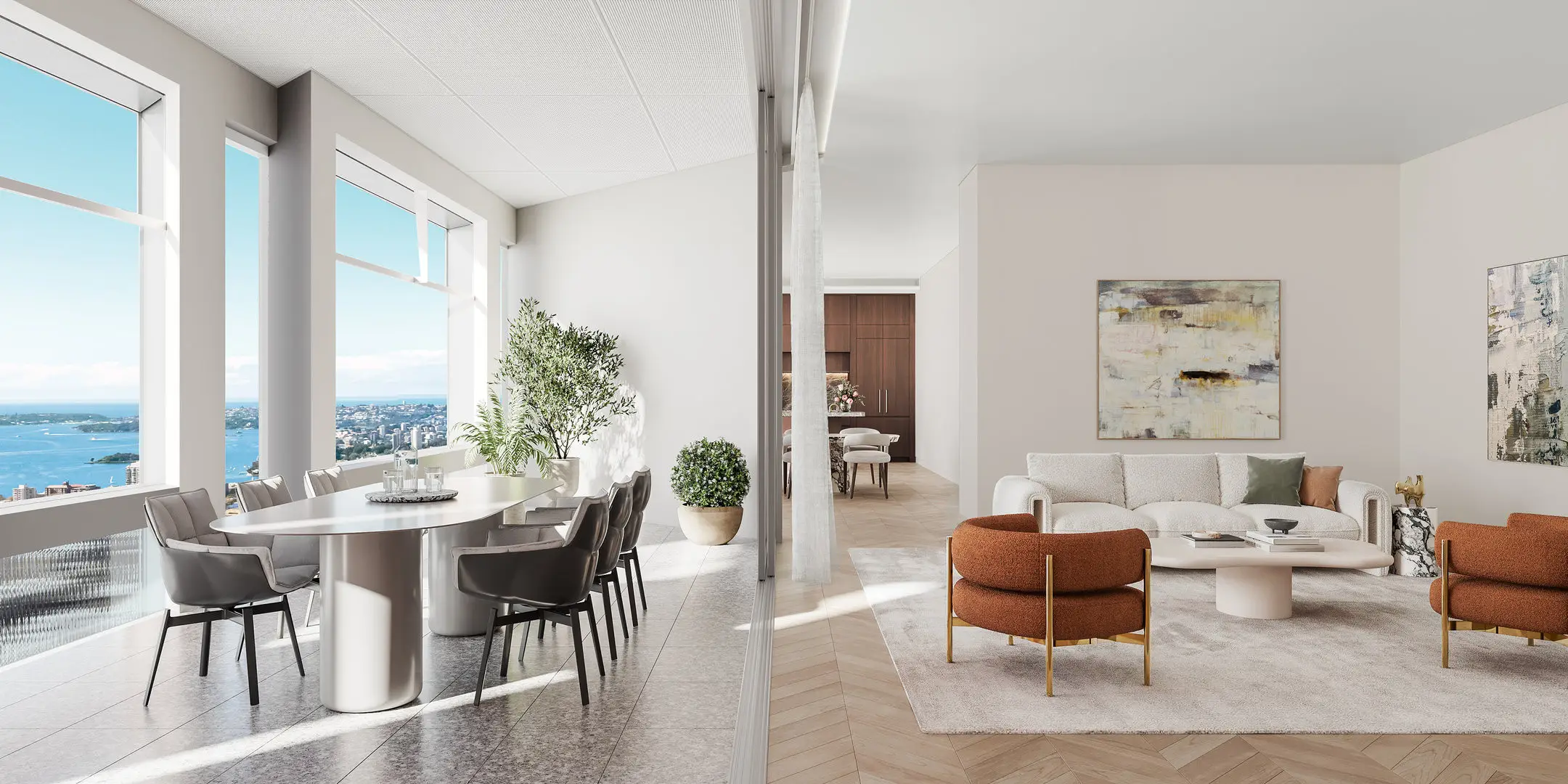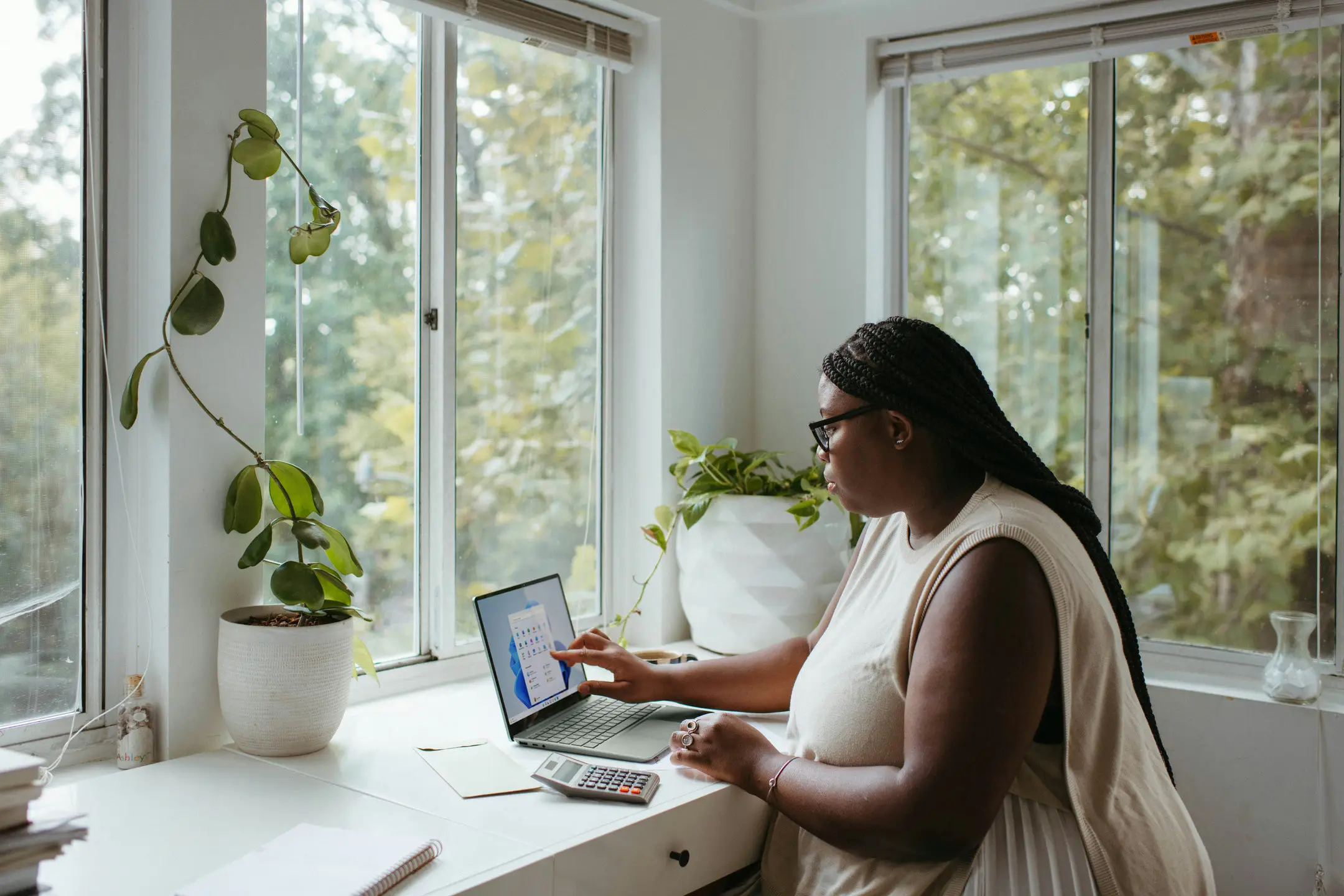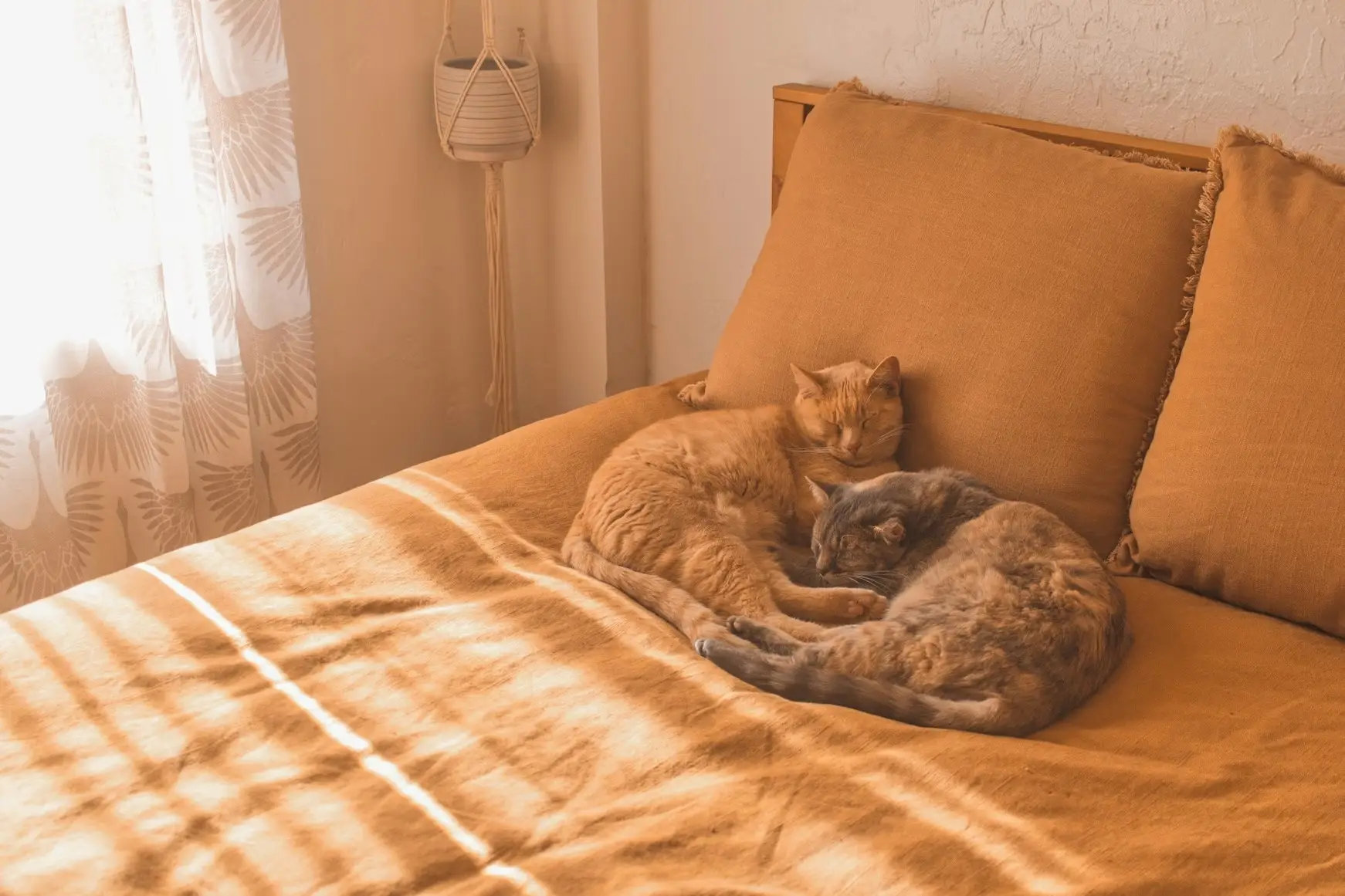
The controversial architectural style Brutalism is making a come-back and is rapidly becoming a popular interior design trend. First formed in the 1950s, Brutalism prioritises function over beauty and typically features raw concrete. Here are some of the ways in which you can use brutalism in your home.
Play with textures
Brutalism requires you to rethink your idea of what makes something perfect and imperfect. It’s about embracing the raw and natural unrefined textures of the material. To achieve this look in your home, purchase accent pieces featuring molten or hammered elements and hand-shaped metalwork.

This Cinar Metal Statue encapsulates brutalism beautifully. Made entirely from metal, the unique curves soften the piece while creating a striking piece of art to feature in the lounge room or near the front door.
Honest materials
The design principle revolves largely around concrete and metals. These materials are simple yet strong, and metal helps give Brutalist interiors a strong industrial aesthetic. Modern brutalist interiors are now dominated by sculptural metal furniture and decor such as angular vases and wall sculptures.

This modular concrete cube works as both an art piece on its own or can be used as storage or a side table. Alternatively, this Viktor coffee table will make the perfect focal point.
Blocky shapes
Similar to Bauhaus, the German minimalist design movement from the early 20th Century, Brutalism favours blocky shapes and geometric lines because these reduce items to their basic structures.

Geometric light fittings like this one or this one from Temple & Webster are a great way to inject a small element of brutalism in your interiors if you don’t want to go all out and a metal wall décor will finish the look off nicely.
Scale
Brutalist architects love the form because it allows them to play with size and essentially create monumental sculptures. The easiest way to do this in your interiors is to pair over-sized accent pieces with smaller furniture items.

For example, pair this large bookcase with the small coffee table mentioned above, and you’ve created a stark contrast of size. The key is to make sure the furniture items are background players to the striking sculptural decorations and pieces you choose.


